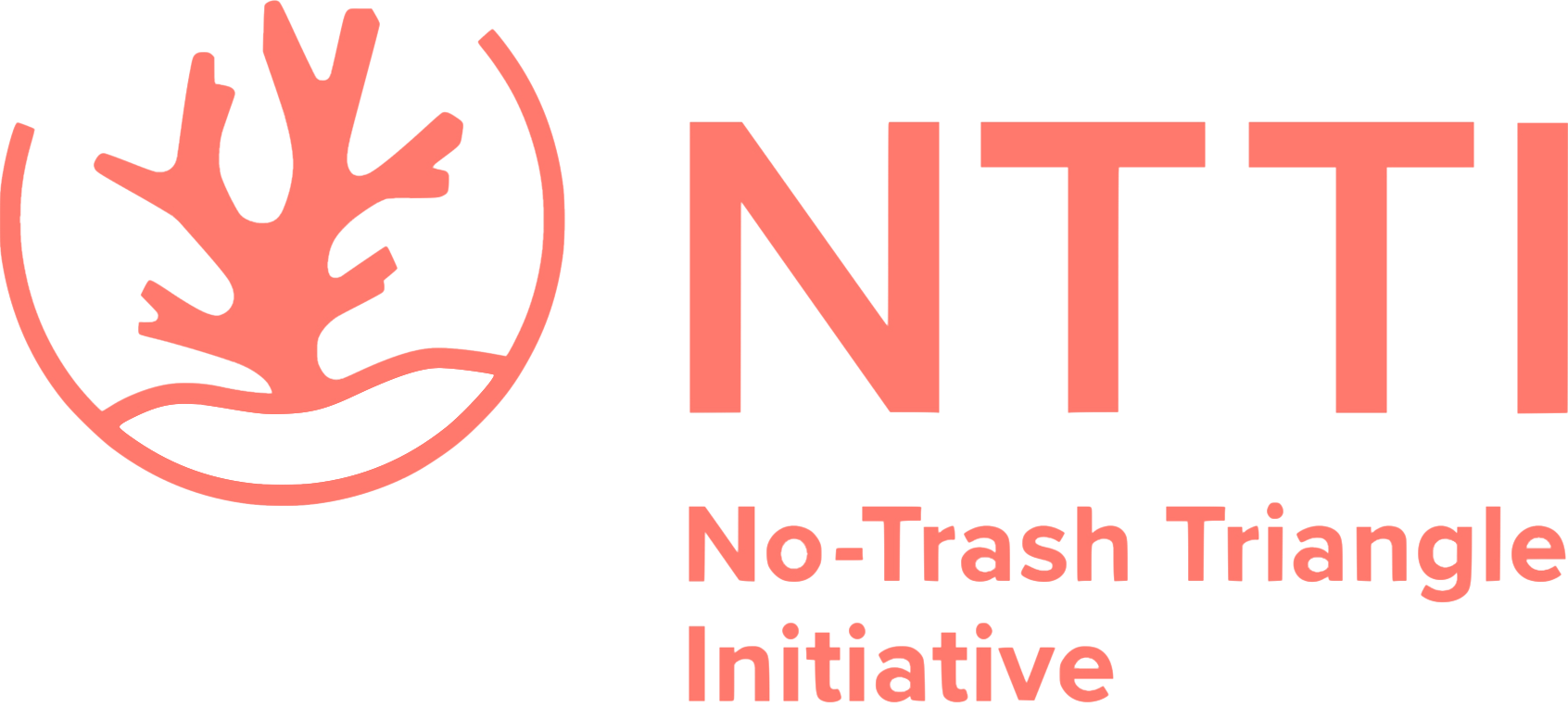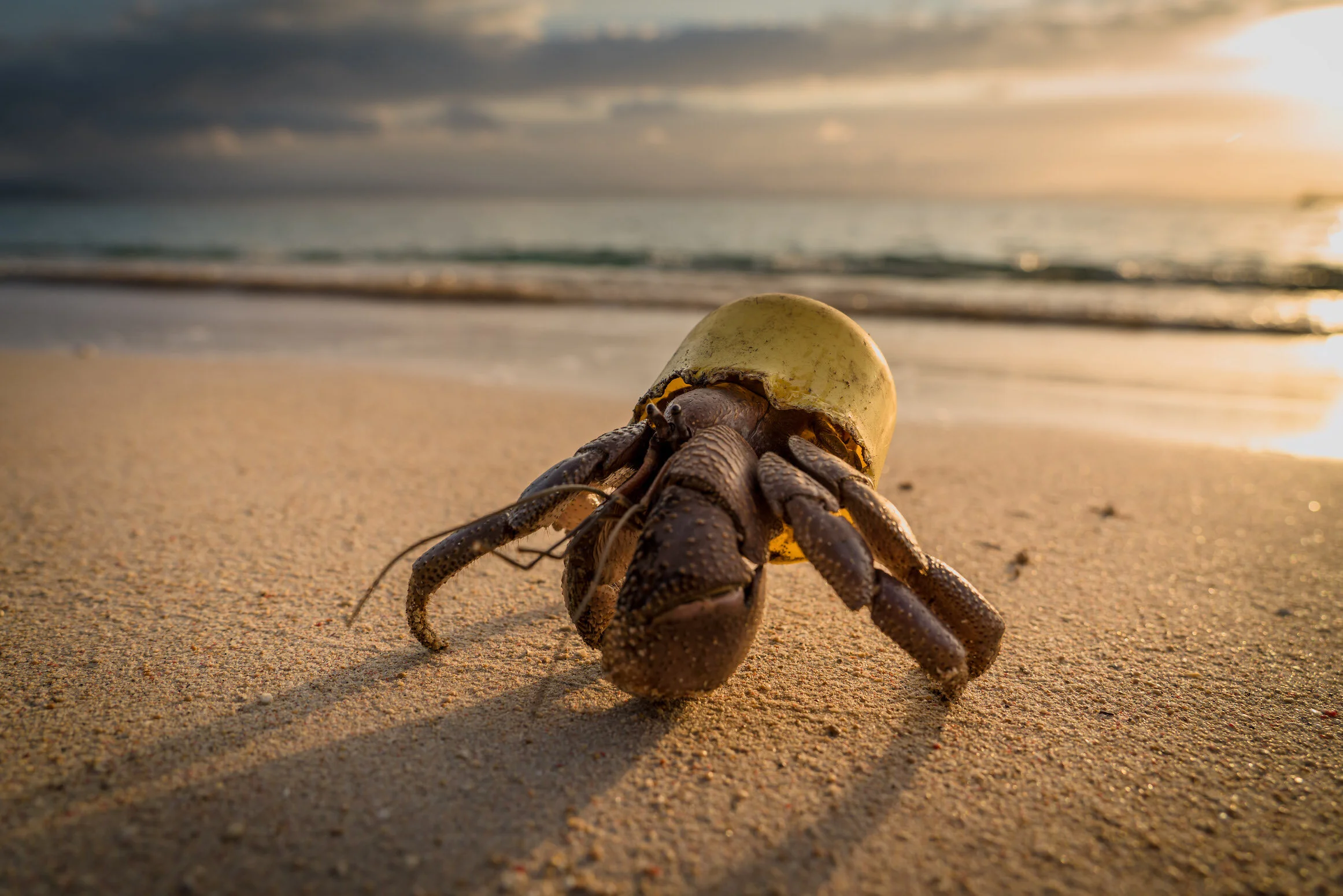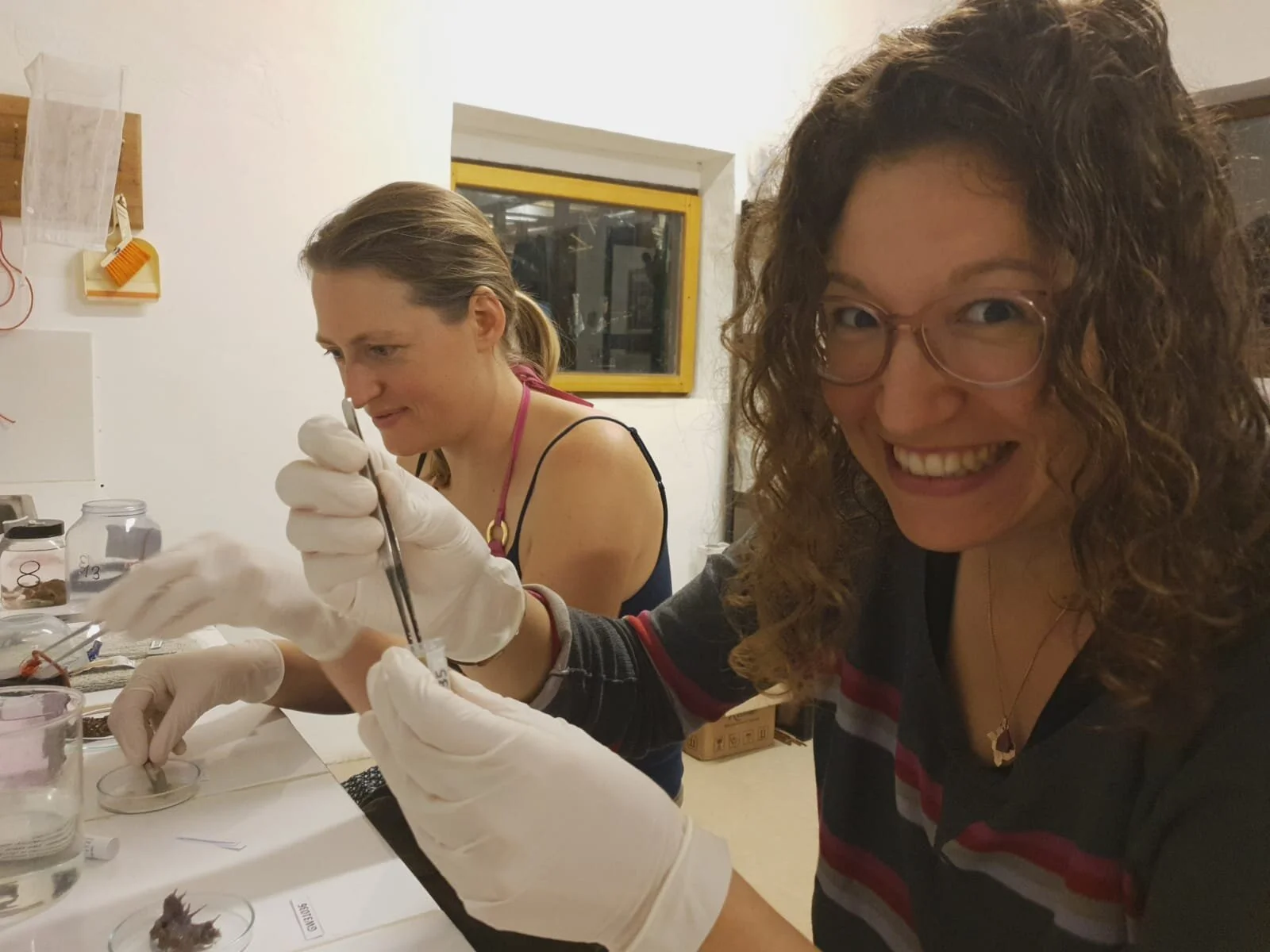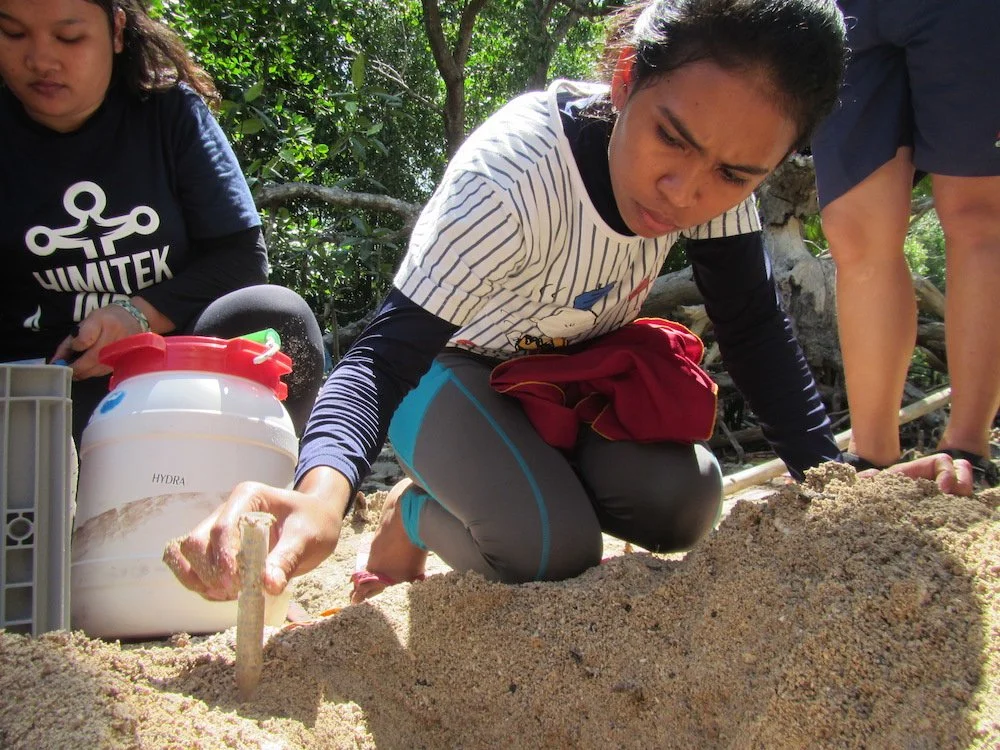HOW TO APPLY
Applications should include a short and precise project proposal and a CV (as .pdf). The project needs to be based at the student’s university and therefore backed by a professor (please add a support letter). The proposal should contain all relevant formal information, an overview of the chosen topic, the hypothesis, the methods to be applied, and a timeline. Send the application info@no-trashtriangle.org
DECISION ON FUNDING
Our scientific board will assess your application and communicate their decision within one month.
IMPORTANT NOTE
In Indonesia, you can only conduct research after obtaining a research permit from the National Research and Innovation Agency. Please check the specific requirements and join a team with a permit or apply for one yourself before applying for funding.
The scholarship does not include a permit, you have to take care of it personally.
A good overview can be found here: here.
PROGRAM COORDINATORS:
Student tutor and academic lead, Indonesia:
Prof. Dr. Markus T. Lasut, Sam Ratulangi University UNSRAT, Manado, Indonesia (coastal management & ecology)
International supporters:
Dr. Miriam Weber, Christian Lott, HYDRA Marine Sciences, Germany
(coastal ecology, biogeochemistry, marine microbiology & symbioses, aquatic plastic research)
Research station partner, Indonesia:
Marco Segre Reinach, CoralEye Marine Outpost, Bangka Island, Indonesia (research logistics, marine ecology, underwater work)











